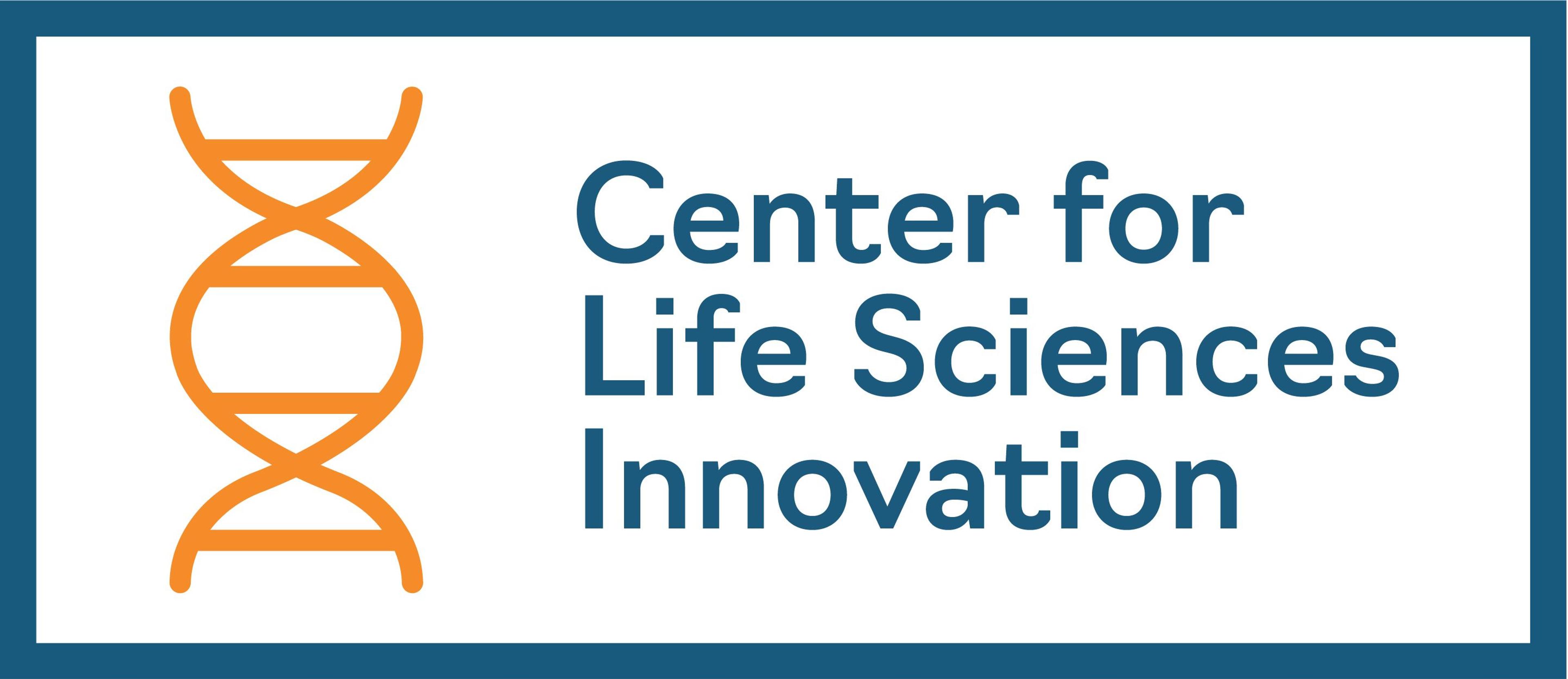
Center for Life Sciences Innovation
ITIF’s Center for Life Sciences Innovation advocates for accelerating biopharmaceutical innovation by recognizing that the public and private sectors both have essential roles to play. The Center’s mission is to study and advance the many technology, economic, and policy factors underpinning successful life sciences innovation—from how new technologies like artificial intelligence, genomics, and gene editing are powering the next generation of biomedical innovation to the economics of life sciences innovation, including the role of IP and incentives therein; international competitiveness in life sciences innovation; and foremost the optimal set of public policies, at home and abroad, to spur greater levels of much-needed biopharmaceutical innovation. (Read more.)
- 🌍 Special series on global health innovation: Innovate4Health is a joint project of ITIF and the University of Akron IP Center (UAIP), spotlighting innovators around the world who have leveraged IP systems to bring life-saving innovations to market. (Read the series.)
- 🔬 Special series on evidence-based biopharmaceutical policymaking: Better evidence is needed to evaluate the impact of public policy changes on new drug development. To address this need, ITIF is sponsoring a research grant program and a special issue of Health Affairs Scholar. After issuing a call for proposals, we awarded three grants in January 2025. Those research projects are scheduled to be completed by the end of June 2026. The Center will serve as a hub for this ongoing work. (Read the series.)
- 📧 Stay up to date on our work by signing up for ITIF’s weekly email and checking the box to get information about “Life Sciences.”
Featured Publications
A Shot at a Healthier Future: The Transformative Potential of GLP-1s

Obesity affects over 42 percent of U.S. adults, costing the nation more than $400 billion annually. Traditional weight-loss methods alone have proved to be insufficient in addressing this growing public health burden. But GLP-1 receptor agonists now offer the potential to profoundly transform obesity care. Public policies should support their wider adoption.
Not Again: Why the United States Can’t Afford to Lose Its Biopharma Industry

America’s leadership in advanced-technology industries can never be taken for granted, as evidenced by its losses in telecommunications equipment, semiconductors, televisions, solar panels, and chemicals. Policymakers must recognize what went wrong in those cases to avoid a similar industrial decline in the biopharmaceutical industry.
The Bayh-Dole Act’s Role in Stimulating University-Led Regional Economic Growth

Universities play a pivotal role in America’s technology economy, serving as a crucial source of research, inventions, patents, start-up technology companies, and regional economic and employment growth. The Bayh-Dole Act has played an instrumental role in spurring academic technology transfer activities that serve as vital drivers of American innovation.
The Value of Follow-On Biopharma Innovation for Health Outcomes and Economic Growth

Follow-on biopharmaceutical innovations deliver substantial health and economic benefits by improving the safety and efficacy of existing therapies, addressing unmet patient needs, expanding therapeutic applications, and enhancing adherence. Supportive policies are essential to sustain progress and ensure broad access to these medical advances.
Events
February 5, 2026
Beyond the Scale: The Economic Power of GLP-1 Therapies
Watch this Capitol Hill event on how GLP-1 therapies can transform health and economic outcomes—and what policymakers should do to maximize their benefits.
September 24, 2025
Life Sciences Innovation Forum
This forum shall explore how Argentina might accelerate growth in its life sciences sector while improving patient access to innovative medicines. It will examine the critical role of strong intellectual property frameworks and efficient regulatory systems in fostering local innovation and promoting local biomanufacturing. We will also explore how university technology transfer can leverage Argentina's established biotechnology expertise to drive sector development and economic growth.
July 22, 2025
The Bayh-Dole Act’s Role in Stimulating University-Led Regional Economic Growth
This in-person event on Capitol Hill explored how academic research, entrepreneurship, and public-private partnerships are shaping innovation ecosystems—and what is needed to strengthen them going forward.
December 10, 2024
Innovate4Health: How IP and Innovation Are Solving Global Health Challenges
Watch now for an event releasing a report by ITIF, the Geneva Network, and the University of Akron School of Law profiling 24 pioneering case studies from five regions—Latin America, Africa, South Asia, Southeast Asia, and Middle East and North Africa—where IP rights have enabled innovators to create impactful health solutions, particularly in the developing world.
March 5, 2024
Preserving U.S. Leadership in Biopharmaceutical Innovation
Watch now for an expert panel discussion surrounding the ITIF report examining why the United States lost its lead in other advanced technology industries, and how policymakers can avoid repeating the same mistakes in the biopharmaceutical sector.

Vice President, Global Innovation Policy, and Director, Center for Life Sciences Innovation
Information Technology and Innovation Foundation
Read Bio
Cain Brothers & Company Professor of Healthcare Management in the Faculty of Business
Columbia University Graduate School of Business
Read Bio










